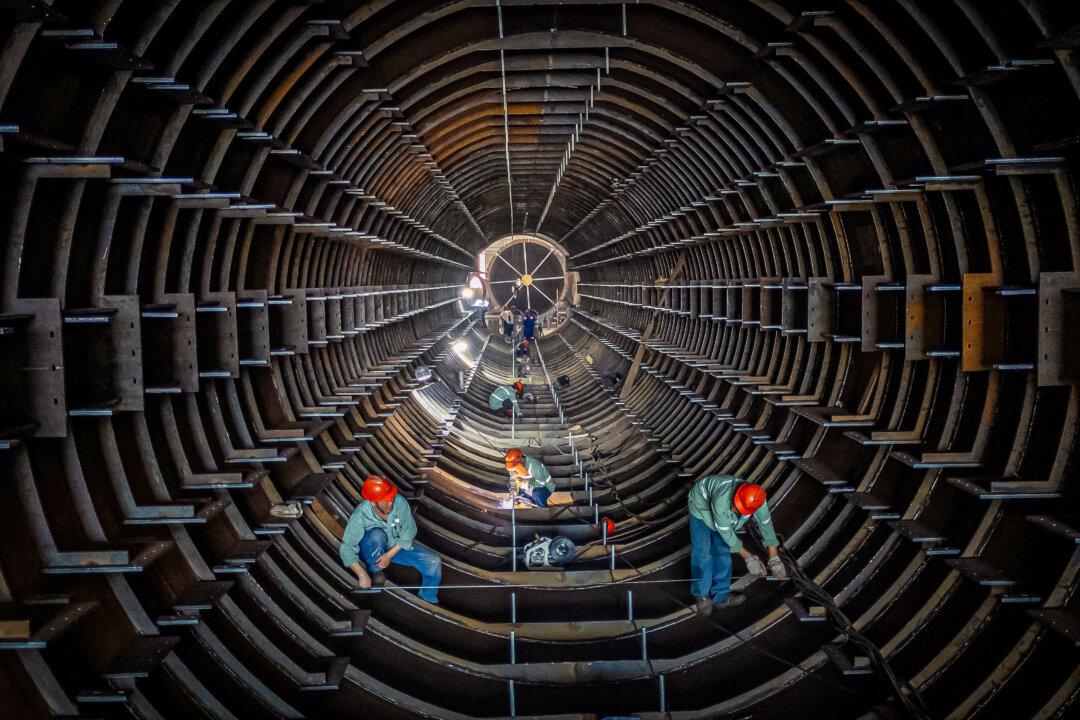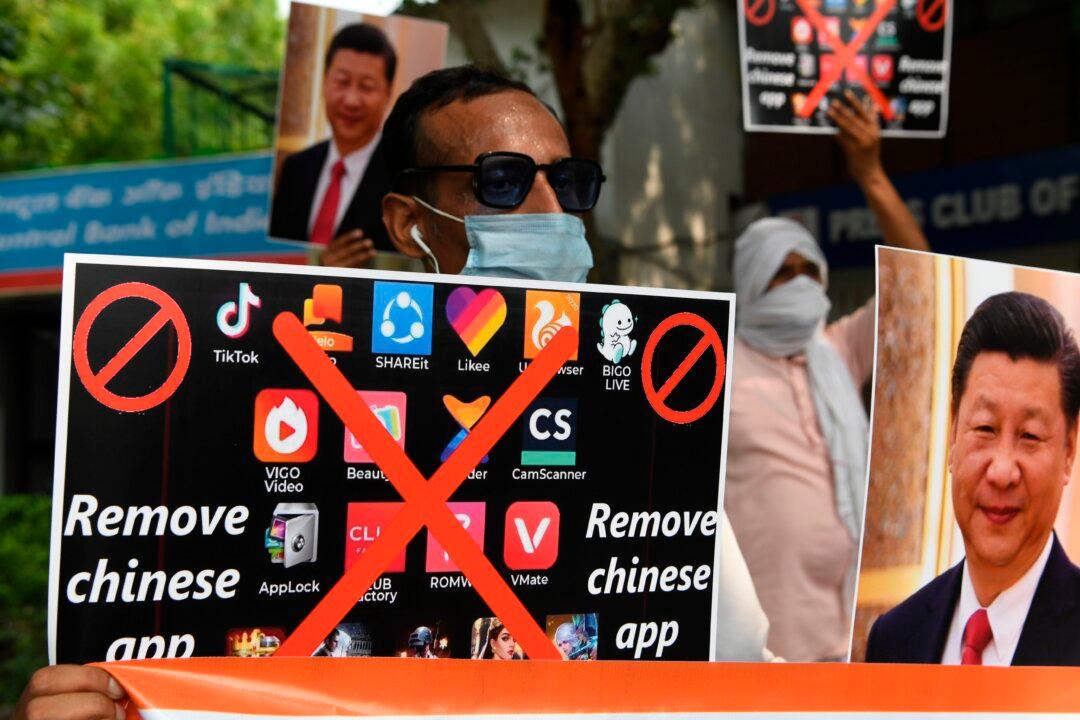Recently, China’s central bank cut interest rates twice within three days to inject liquidity into the market. Despite these moves, China’s stock markets responded negatively, a sign of disappointment, especially after the recent third plenary session of the 20th Central Committee of the Chinese Communist Party (CCP).
On July 25, the People’s Bank of China (PBOC), China’s central bank, implemented a 200 billion yuan ($27.5 billion) medium-term lending facility operation at a reduced rate of 2.3 percent, a 20-basis-point cut. This followed earlier cuts to the loan prime rate and adjustments to the seven-day reverse repurchase operation rates on July 22 in an effort to lower financing costs and stimulate economic activity, particularly in the struggling real estate sector.




